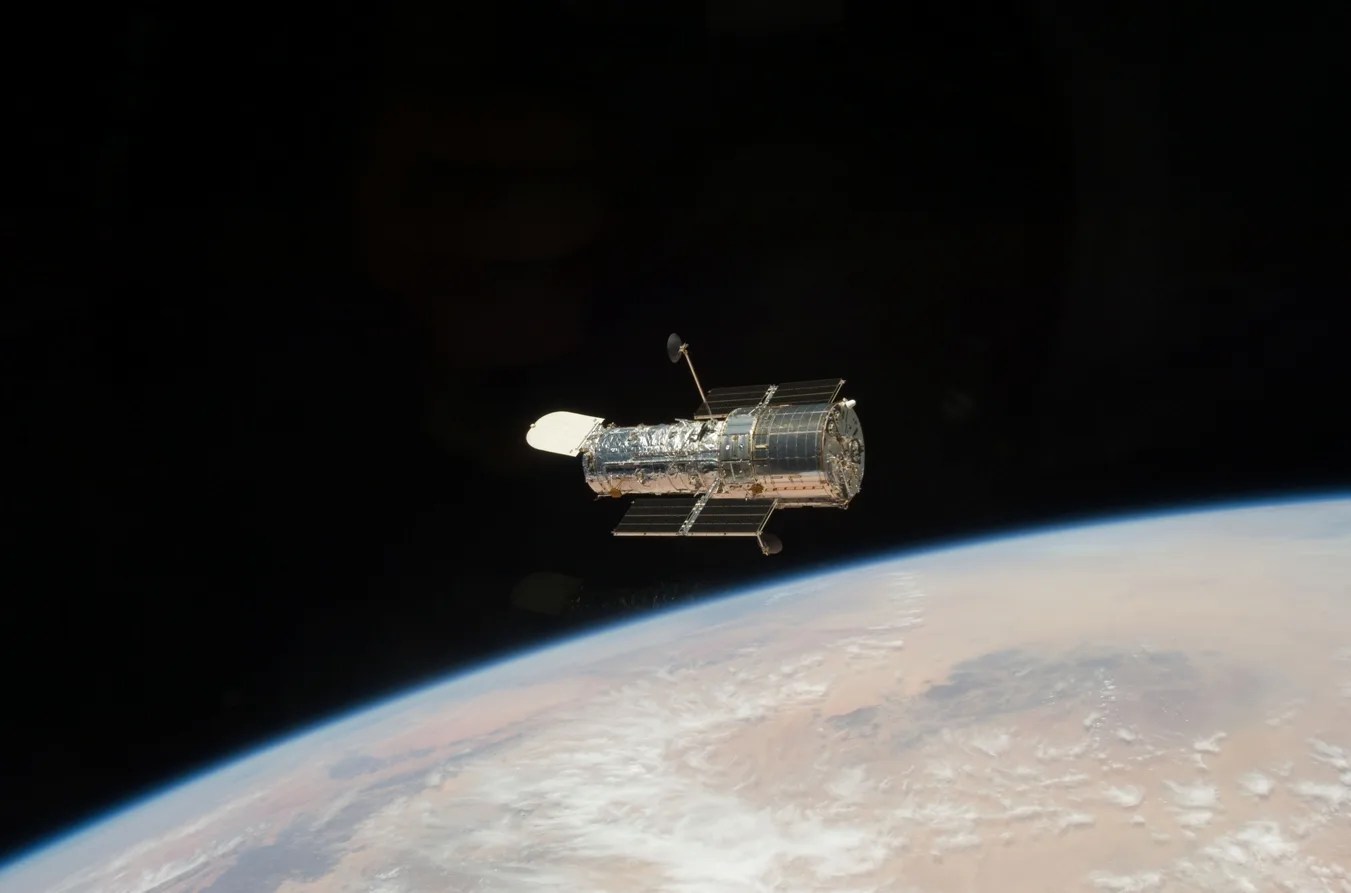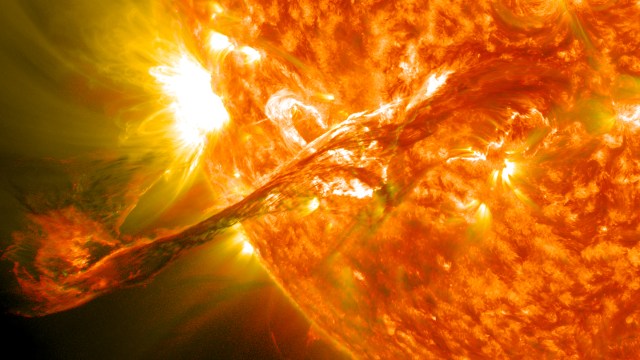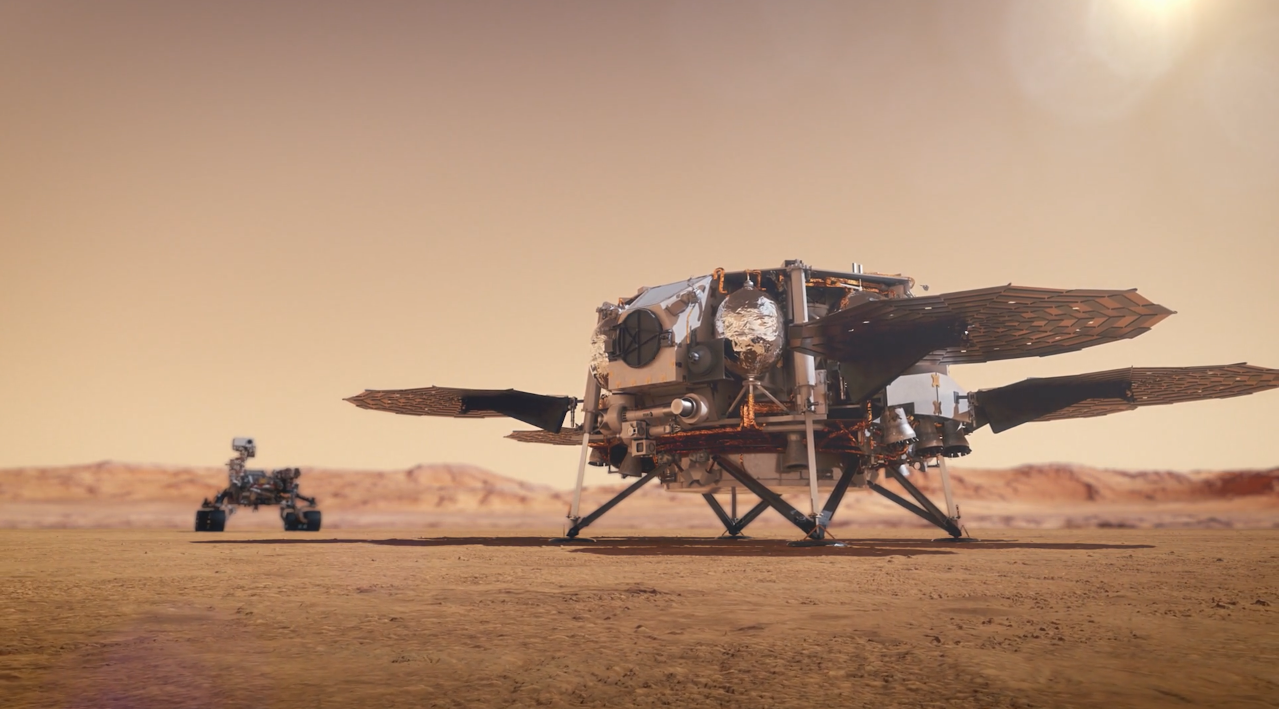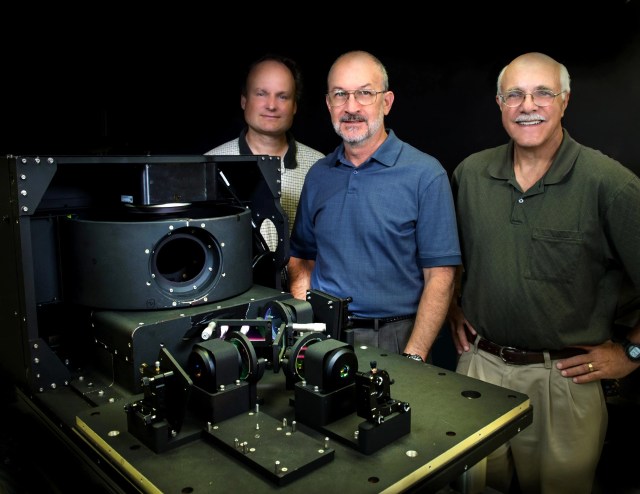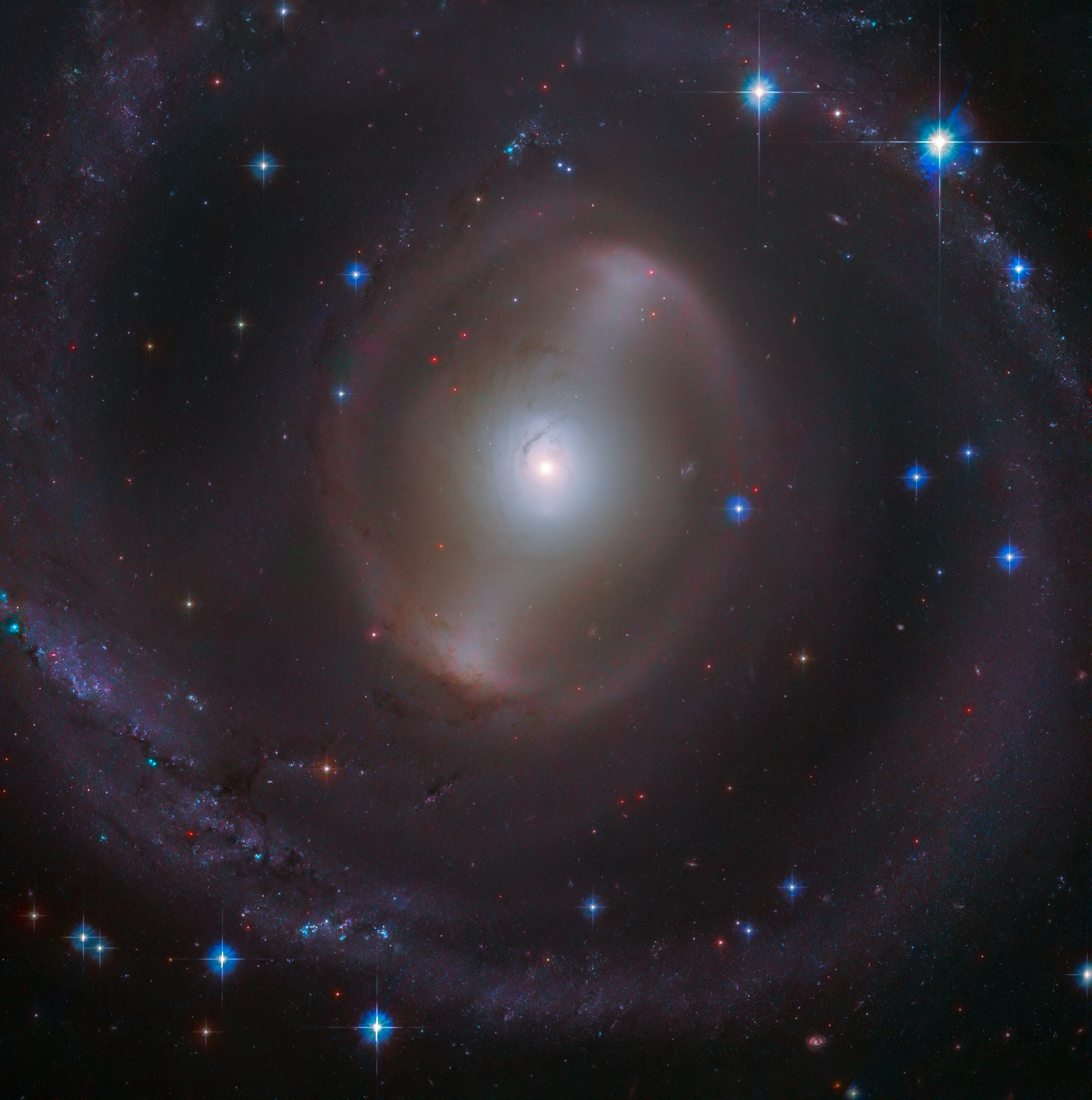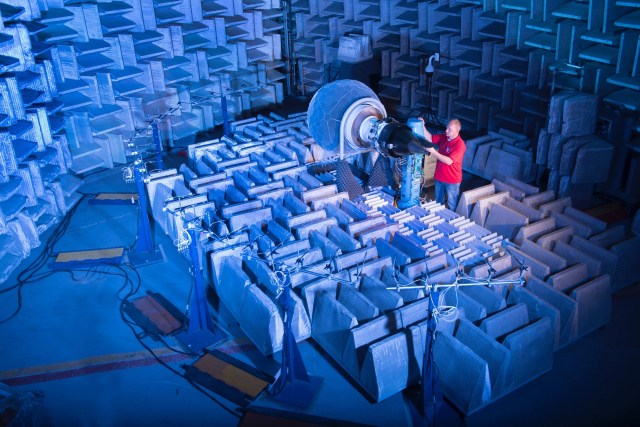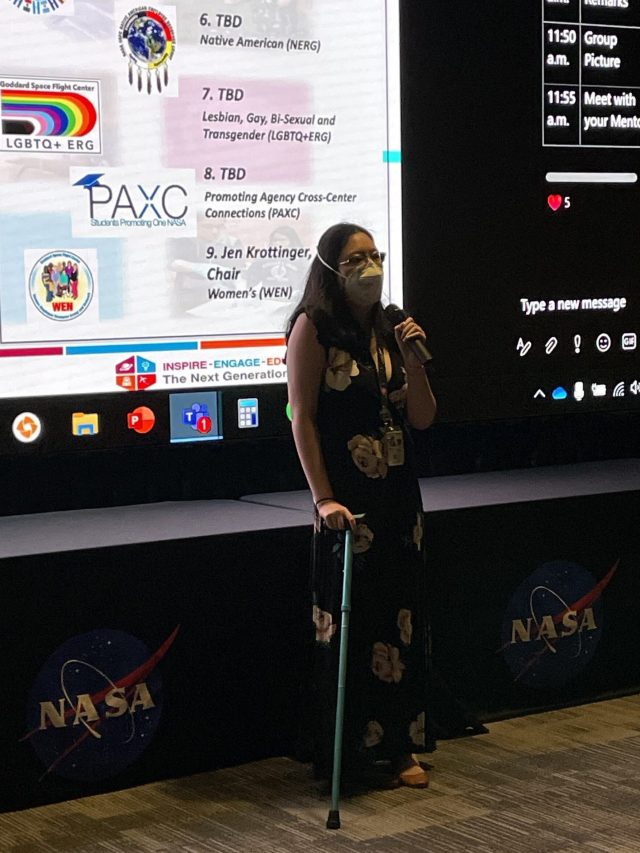Media are invited Thursday, March 8, to view NASA’s barge Pegasus — designed to ferry hardware for NASA’s Space Launch System — following its arrival at the Marshall Space Flight Center in Huntsville, Alabama. Media also will have the opportunity to interview NASA officials at the 8 a.m. CST event.
Pegasus recently completed the 710-mile journey from NASA’s Michoud Assembly Facility in New Orleans to Marshall to deliver test hardware for the SLS core stage — the largest rocket stage in the world. The delivery of the SLS intertank structural test article marks significant progress toward the rocket’s first flight, Exploration Mission-1. SLS is the only rocket that can send crew and cargo to deep space in a single launch. With NASA’s Orion spacecraft, SLS will send astronauts on missions to the Moon and beyond.
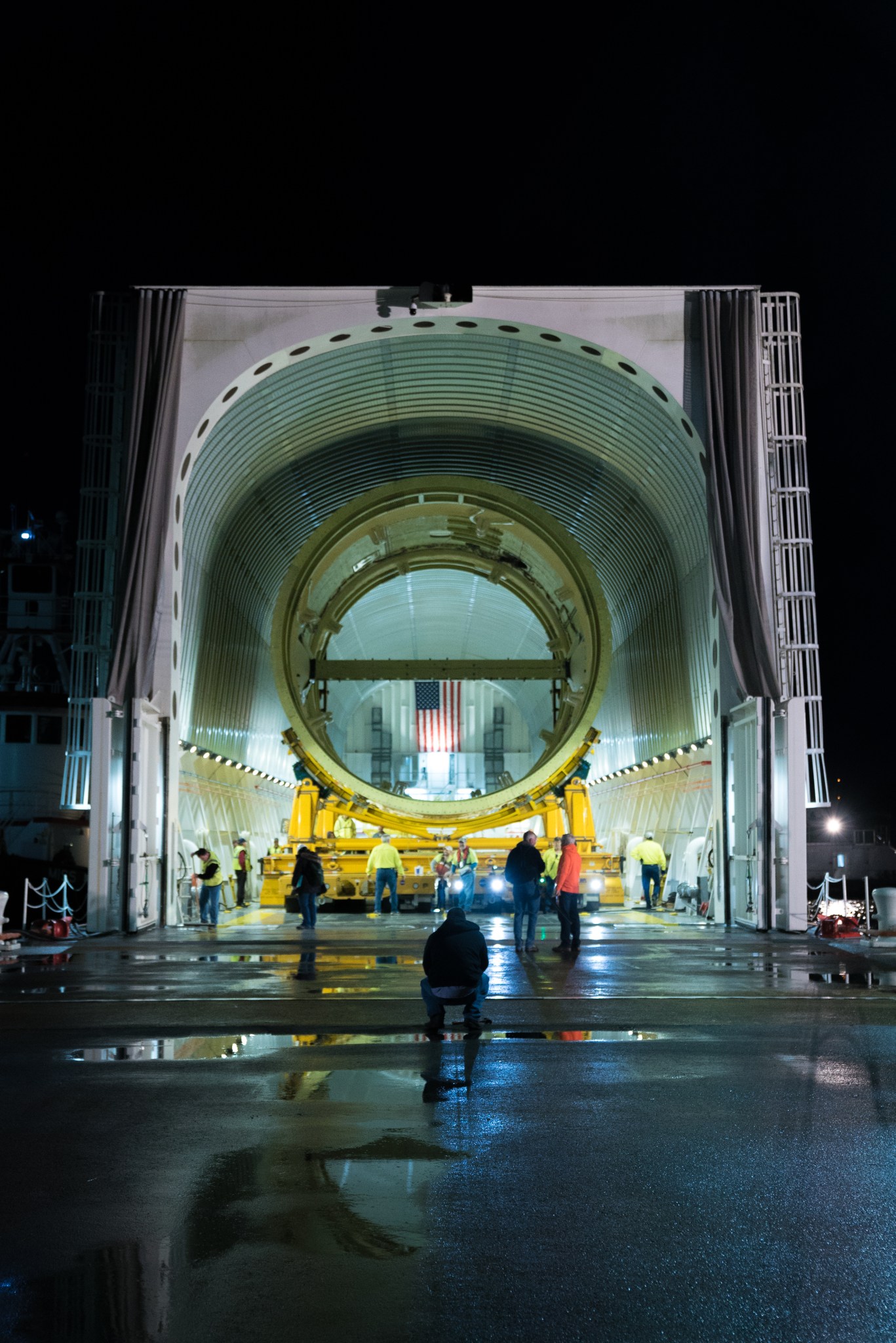
Media should contact Tracy McMahan at 256-544-0034 or tracy.mcmahan@nasa.gov no later than 4 p.m. Wednesday, March 7, and report to the Redstone Arsenal Joint Visitor Control Center at Gate 9, Interstate 565 interchange at Rideout Road/Research Park Boulevard no later than 7:15 a.m., Thursday, March 8, for badging and security clearance. Media must provide one form of government-issued photo identification for badging. Proof of car insurance must be in the vehicle for access to the post. Media should wear pants and flat, closed-toe shoes.
NASA modified the barge to accommodate the massive SLS core stage, which is 50 feet longer and more than 600,000 pounds heavier with support equipment than the space shuttle hardware previously transported by Pegasus. The barge now measures a monumental 310 feet long and 50 feet wide.
The test version of the intertank is structurally identical to the flight intertank, which will connect the core stage’s two colossal propellant tanks, serve as the upper-connection point for the two solid rocket boosters and house critical avionics and electronics. It will undergo extensive structural testing to verify the rocket can withstand the extreme forces expected during launch and flight, especially booster ignition and separation.
The intertank is the second major core stage structural test component built at Michoud and delivered to Marshall for testing. The engine section test article was delivered in May 2017, and Marshall engineers recently completed an extensive test series on the hardware. Delivery is scheduled later this year for the liquid hydrogen and liquid oxygen structural test article tanks.
Pegasus will later deliver the flight-ready core stage to NASA’s Stennis Space Center near Bay St. Louis, Mississippi, for “Green Run” testing and then to NASA’s Kennedy Space Center in Florida for integration of the SLS flight vehicle.
Tracy McMahan
Marshall Space Flight Center
256-544-0034 or 256-682-5326
tracy.mcmahan@nasa.gov


